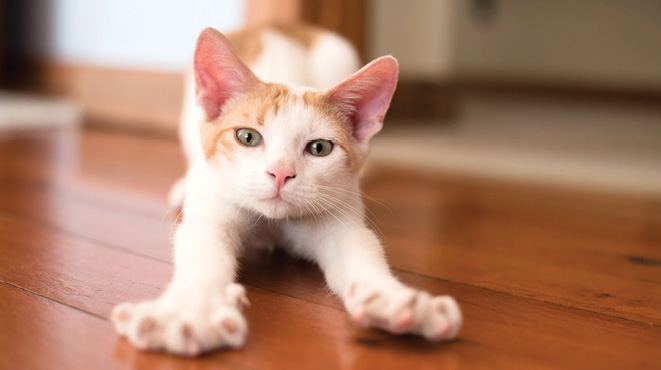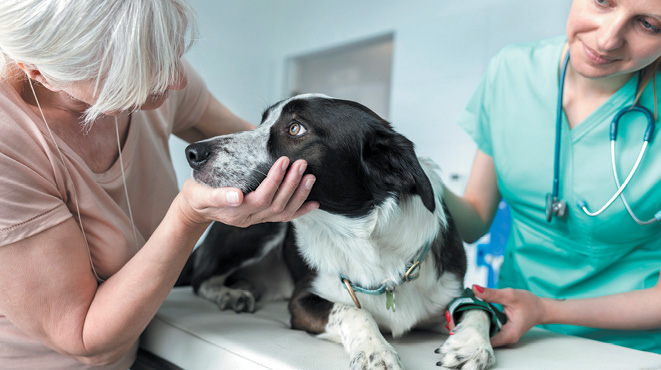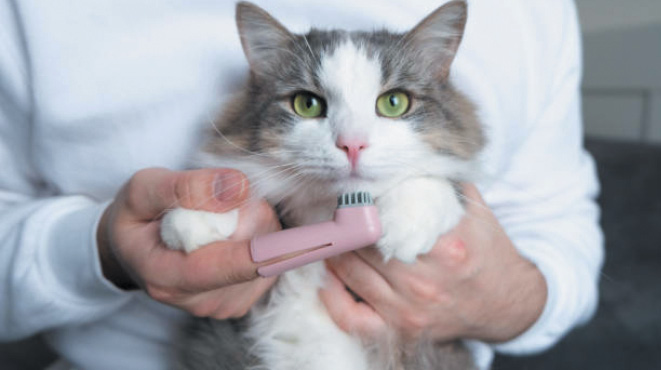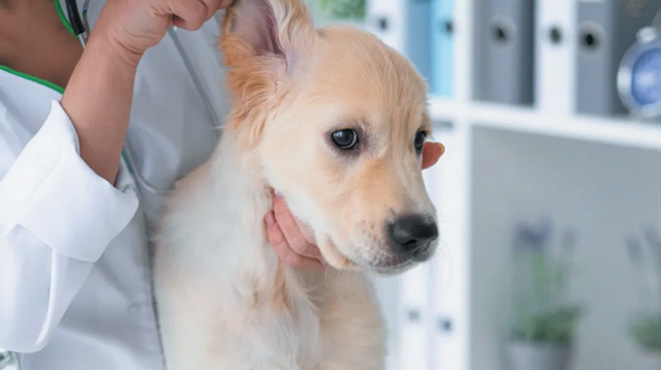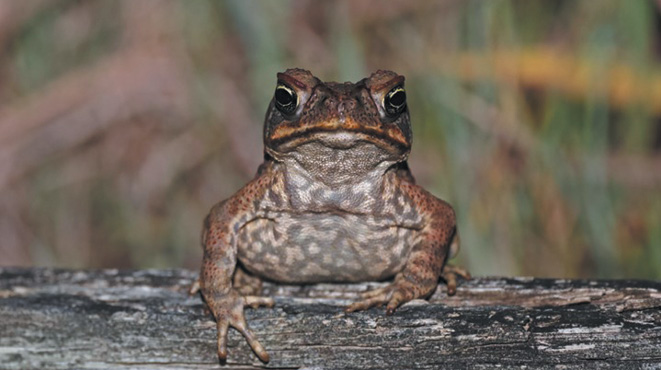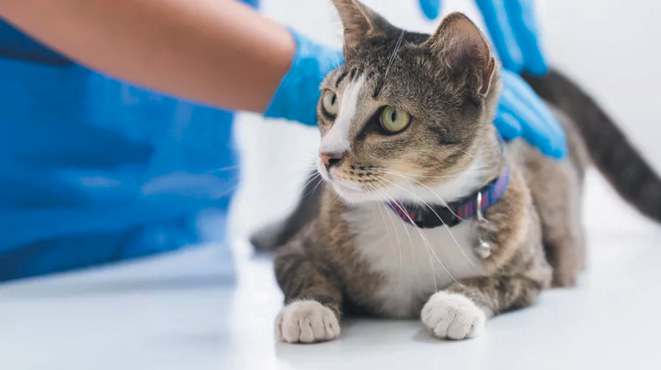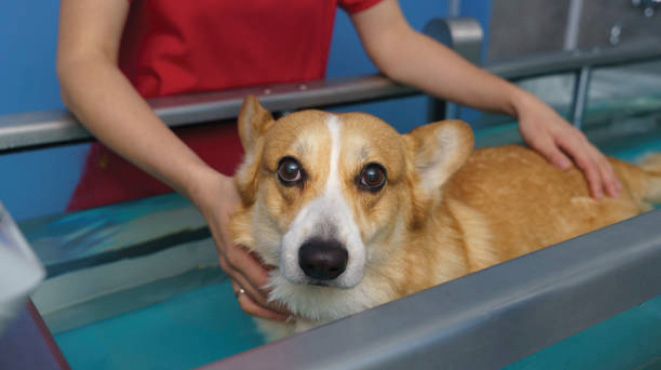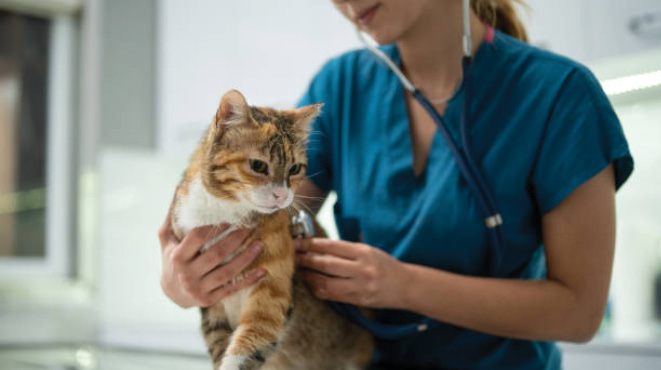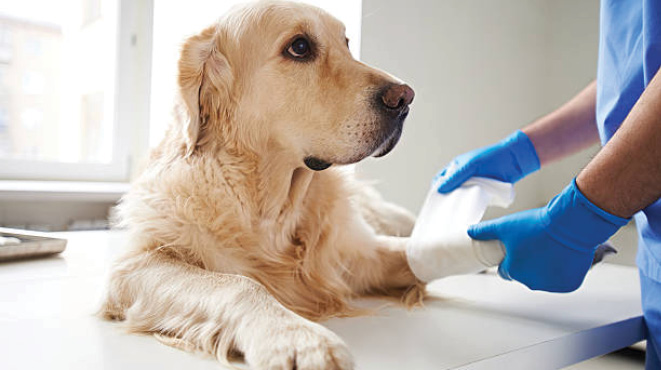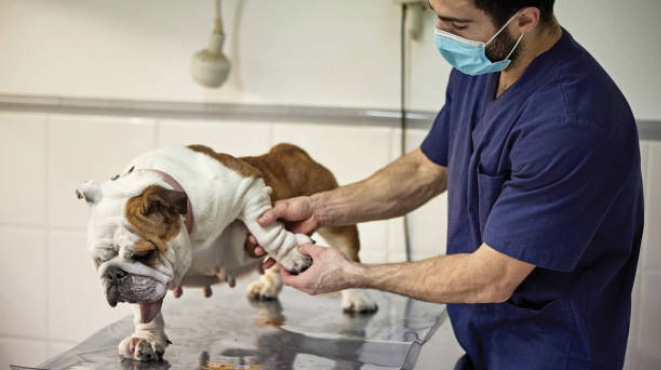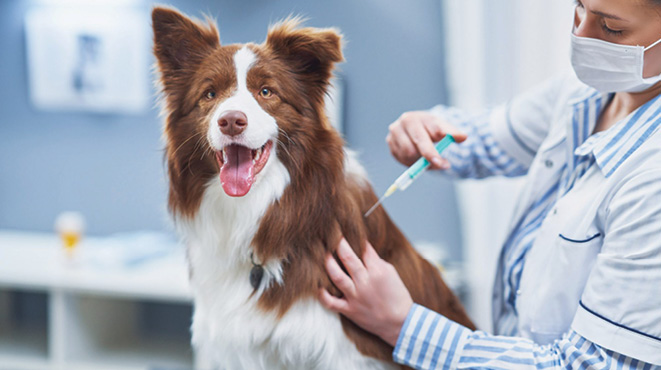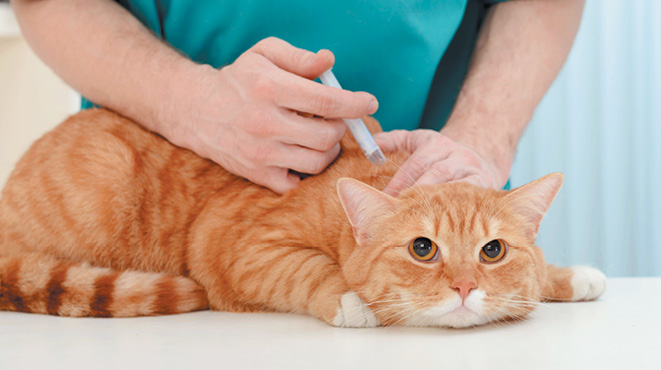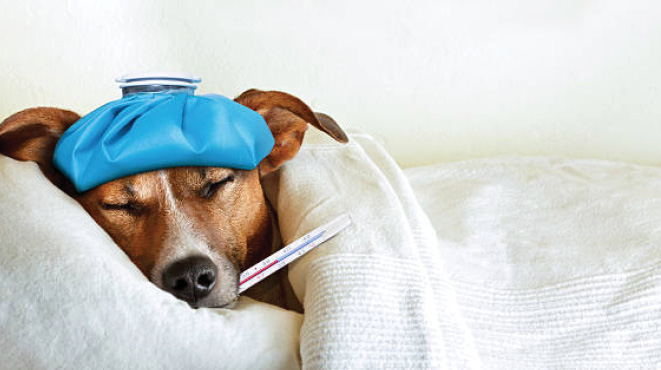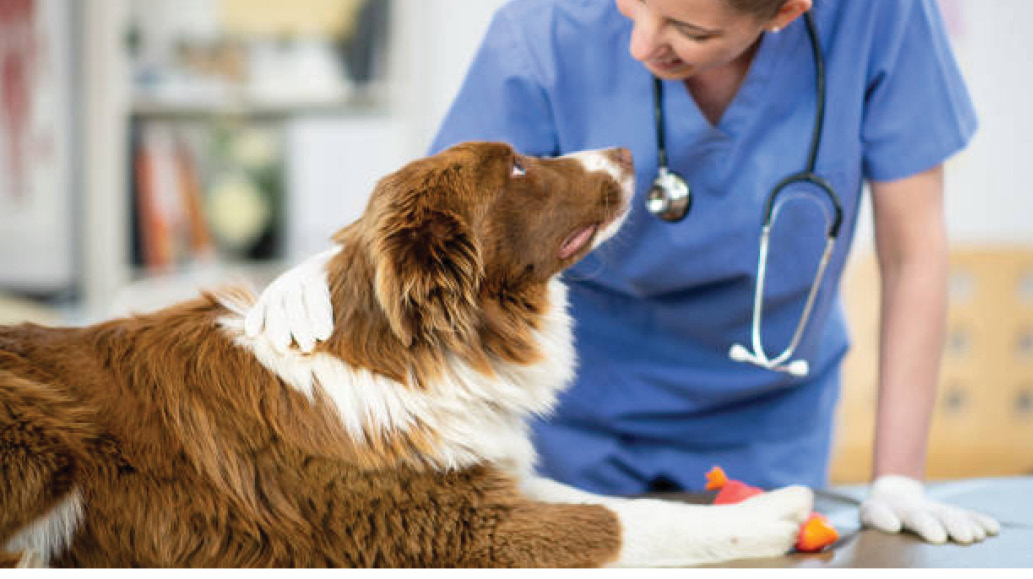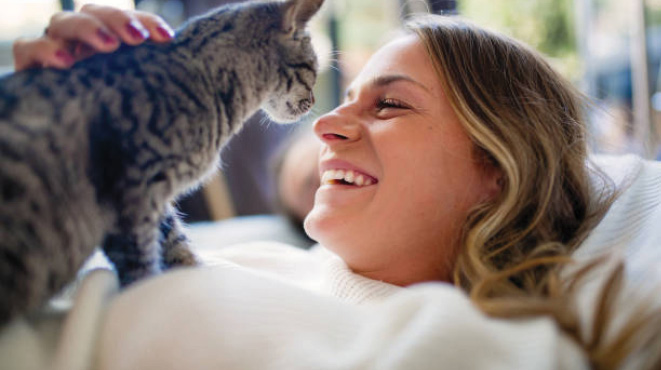BY DR NICKY THOMAS, WYNNUM MANLY VETERINARY HOSPITAL
We are very used to considering the possibility of arthritis occurring in our ageing dogs but what about our feline friends? Ageing cats can develop arthritis which can lead to decreased mobility and pain.
The symptoms of arthritis in cats:
- overall stiffness or lameness in one or more joints
- swelling of joints
- lethargy
- decreased activity
- toileting in unusual places
- reluctance to jump on or off furniture or climb stairs
- increased vocalisation
- matted coat, especially around the hindquarters
What treatment is available for arthritic cats?
- Your vet may prescribe pain medications for your cat. It is recommended that blood tests to check kidney and liver function be performed prior to starting some pain medications.
- There are a variety of options for pain relief including liquid medications administered orally or transdermal medications which can be applied to the skin in less co-operative patients!
- Nutritional supplements. The use of products including Seaflex and Antinol can help to improve your cat’s joint health.
What can I do to help my arthritic cat?
- Provide a blanket or bed for them to sleep on.
- Some (not all!) cats will allow some gentle massage which helps to relieve the muscle tension which can occur as the result of sore joints.
- Keep your cat well groomed – arthritic cats are not always able to self-groom and may develop matted fur.
- Ensure litter trays are low sided and easy to access and food and water bowls are provided at a height which your cat can easily reach.
- Make sure your cat is not carrying extra weight. An overweight cat has a greater load to carry around on already sore joints.
Have a chat with your vet to develop a management plan if you suspect that your cat is becoming arthritic.


